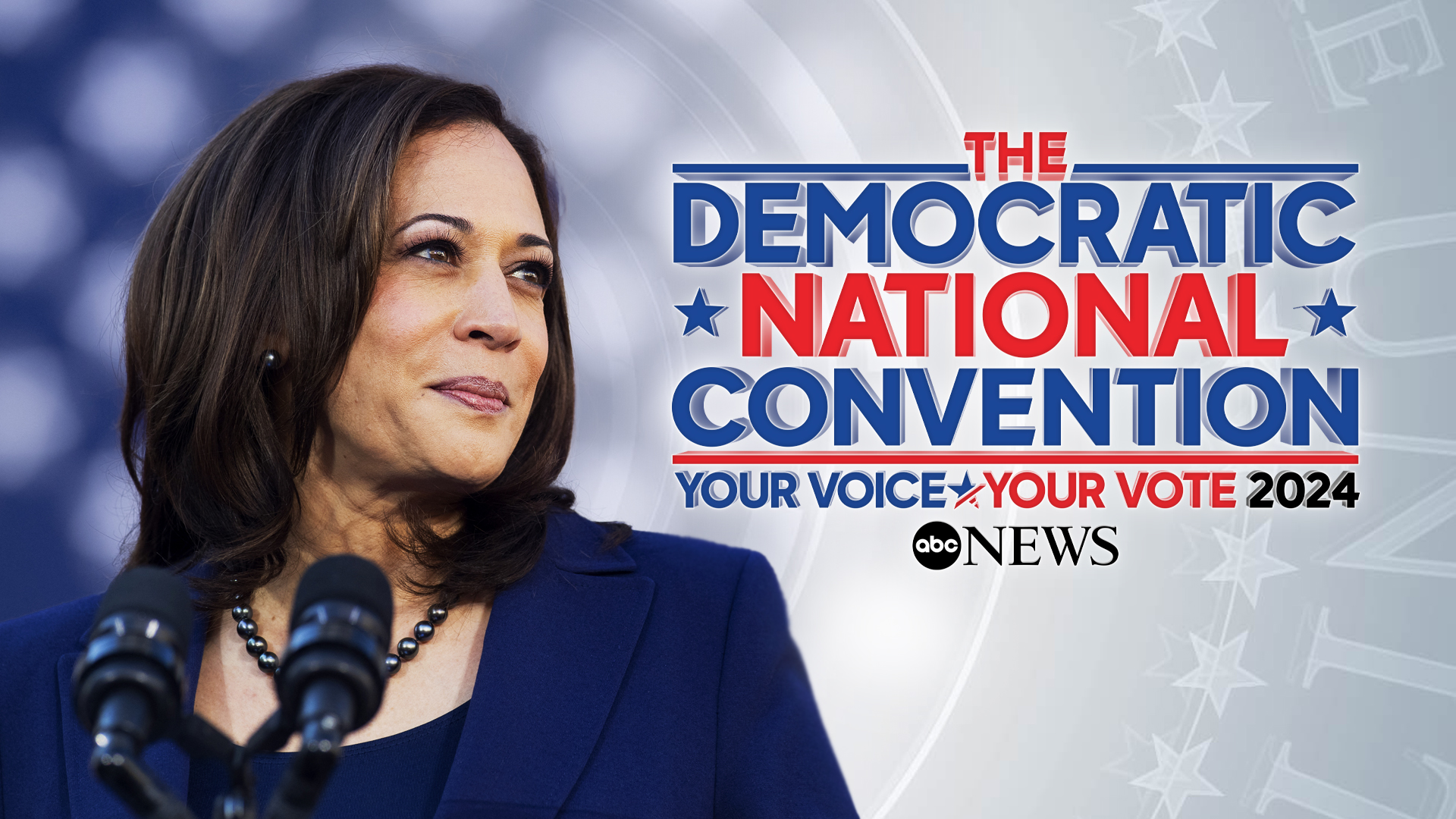The influence of media on public opinion has never been more significant, and ABC DNC coverage exemplifies this effect in profound ways. From shaping political narratives to offering a platform for diverse voices, ABC's handling of Democratic National Convention (DNC) coverage has become a benchmark in broadcast journalism. Over the years, it has evolved into a vital source of information for millions of Americans, helping them understand the key moments, policies, and personalities that define the DNC. With its commitment to in-depth reporting and cutting-edge technology, ABC continues to set the bar high for political event coverage.
What makes ABC DNC coverage truly stand out is its innovative approach to storytelling and the use of digital platforms to reach a broader audience. By leveraging both traditional television broadcasts and online streaming services, ABC ensures that its content is accessible to viewers from all walks of life. This multi-platform strategy not only democratizes access to political information but also fosters greater engagement and participation in the democratic process. Moreover, ABC's ability to deliver real-time analysis, expert opinions, and live updates keeps viewers informed and engaged throughout the event.
In this article, we will dive deep into the various facets of ABC DNC coverage, exploring its historical evolution, impact on political discourse, and the technological advancements that make it a leader in media innovation. From the challenges of unbiased reporting to the role of social media in amplifying its reach, we will cover it all. Whether you're a political enthusiast, a media professional, or someone looking to understand the intricacies of modern journalism, this comprehensive guide will provide valuable insights into the world of ABC DNC coverage.
Read also:Breaking News Walmart Overcharging Settlement Details And Updates
Table of Contents
- Biography and Background of the DNC
- Historical Perspective of ABC DNC Coverage
- Key Personalities and Anchors
- Technological Innovations in Coverage
- Role of Social Media in ABC DNC Coverage
- Challenges in Unbiased Reporting
- Comparison with Other Networks
- Impact on Political Discourse
- Behind the Scenes of ABC DNC Coverage
- ABC DNC's Approach to Diversity and Inclusivity
- Audience Engagement Strategies
- Future Trends in Political Coverage
- Frequently Asked Questions
- Conclusion
Biography and Background of the DNC
The Democratic National Convention (DNC) stands as one of the most pivotal events in American politics. Organized by the Democratic Party, the DNC serves as a forum for party members to formally nominate their candidates for President and Vice President of the United States. It is also a platform to outline the party's policy agenda and to rally support ahead of the general election. The DNC has a rich history that dates back to its inception in 1832, making it an enduring symbol of the nation's democratic values and political heritage.
Over the years, the DNC has evolved in terms of scale, scope, and significance. What began as a simple gathering of party delegates has transformed into a multi-day spectacle attended by thousands and viewed by millions worldwide. This evolution has been driven by advancements in technology, changes in political strategy, and an increasing emphasis on media coverage. The modern DNC is not just a political event; it is a cultural phenomenon that reflects the issues, challenges, and aspirations of contemporary America.
To better understand the DNC's role and relevance, let's take a closer look at some key facts:
| Aspect | Details |
|---|---|
| First DNC | 1832, held in Baltimore, Maryland |
| Main Purpose | Nominate Presidential and Vice Presidential candidates |
| Frequency | Every four years |
| Significance | Sets the stage for the general election |
| Recent DNC | 2020, held virtually due to the COVID-19 pandemic |
This foundational understanding of the DNC provides the context for exploring the role of media, particularly ABC, in shaping its coverage and public perception.
Historical Perspective of ABC DNC Coverage
To be continued...

